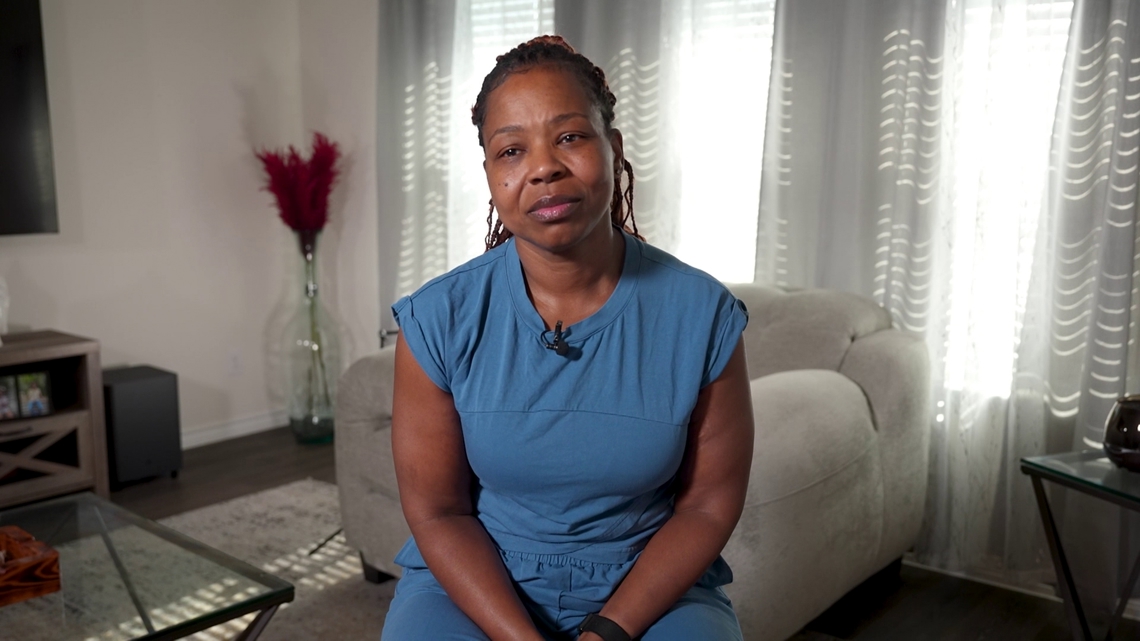
Quanise Thomas recounts her harrowing experience as a dispatcher during Hurricane Katrina.
PLANO, Texas — When tragedy strikes, dispatchers are often the first voice you hear.
Quanise Thomas has been a dispatcher for more than 25 years, and she is used to the question she gets asked often: ‘What is the worst call you’ve taken?’
For Quanise, that answer is 20 years ago and her answer is always the same: Hurricane Katrina.
“Nobody could have prepared us for that,” Thomas said.
She was a dispatcher for the New Orleans Police Department when the storm hit. And while her city drowned, she stayed behind, leaving her 10-month-old twins with family, to answer call after call.
“We were listening to people basically drown,” she recalled. “I’m listening for my street…for my neighborhood.”
Gunshots echoed over the phone lines — not from criminals, but from people who couldn’t bear the thought of drowning. She survived on canned food and MREs, sleeping on floors and in hotel ballrooms.
Two days turned into two weeks, which became nearly two months.
Quanise vividly remembers when her office started taking on water and all the dispatchers needed to be evacuated. They were put on boats and taken to a bridge next to inmates who were being rescued from a jail. From there, they were taken to a hotel to continue dispatching. She slept on a ballroom floor and still had no contact with her own family. She says that was one of the lowest moments because she and her colleagues felt they were serving their city and sacrificing, and they couldn’t even put them up in a proper hotel room to take a shower or change clothes.
Weeks later, the city informed her that they could not pay her because of a lack of funding and would tell her when she could return. Quanise immediately started to look for jobs elsewhere, and Plano was the first to answer.
Her own family was scattered. Her father had to be rescued from a rooftop. Her mother was missing for a month — until Thomas saw her name on a news channel in Oklahoma. Somehow, her mother ended up on a military base in Oklahoma.
“I didn’t know if she had made it…that was the last person that was missing,” she cried. “That was like…a weight was lifted.”
The trauma never fully lifted.
“That’s what I struggled with. Knowing — not knowing — how many people I told help was coming and help didn’t get to them,” she admitted. “My voice was the last voice that they heard.”
In 2006, she moved her family to North Texas, to a town called Fate. She’s now a dispatcher in Plano and grateful for the stability, even though storms still trigger anxiety.
“If Katrina hadn’t happened, I’d still be in New Orleans today,” Thomas said. “If I had a choice. I wouldn’t go back. I wouldn’t.”
But she continues answering the call because she knows exactly how much a voice can matter, whether it’s the first voice people hear or tragically the last voice.
